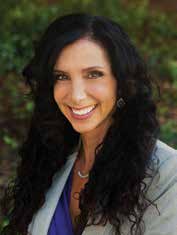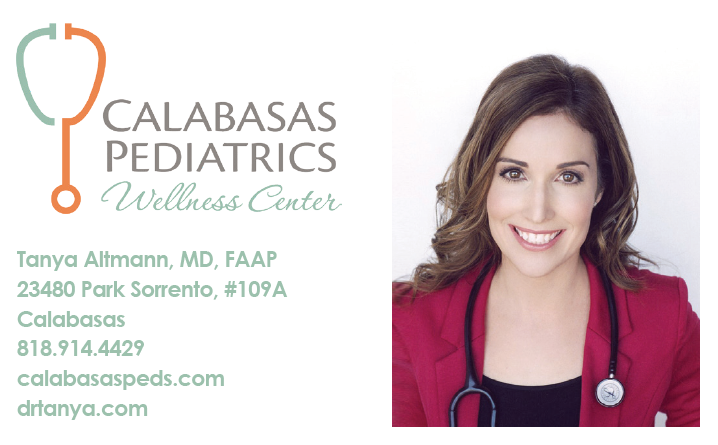
We are thrilled to be a part of this valuable education issue of Calabasas Style which provides insightful resources.
At NeuroSense Psychology, we specialize in child and adolescene brain development. We are deeply embedded in the educational system, both public and private, on a daily basis. We travel to schools and observe teachers, classes, and students and meet with administration to better understand their student body and educational values as well as to advocate for students’ needs.

The most striking conclusion we have witnessed over decades in the schools is that student success falls on a continuum. Many students are struggling, and their potential is not being optimized. Three important concepts to consider are the following:
• Goodness of fit
• Thinking flexibly
• The need for a paradigm shift
Let me elaborate. When conducting neuropsychological evaluations, one of the most frequently asked questions we hear is: “What is the best educational fit for my child?” Even with detailed and intimate knowledge of a student’s individual profile following an assessment, goodness of fit in a school may be a misnomer. While there are indeed a multitude of excellent public and private schools in our area, no one educational setting is likely going to be perfect in meeting all of a student’s needs. Therefore, we always encourage rounding out education with personal growth opportunities and rich social engagement.
This also leads me to the next point: being able to think flexibly and outside the box. For some students, what I call a “mixed model” of education can work well. For example, certain individuals perform quite successfully and enjoy one-on-one classes with a private teacher, transferring in credit for a specific course. Some students benefit from shortened days to pursue their passions and interests. Others thrive with the opportunity to delve into college coursework. I always ask, “What is the best use of your student’s time during the day and what path holds most value?”
On a final note, I do believe that the face of education is slowly shifting in a much-needed direction to focus less exclusively on academic achievement as the ultimate measure of success and instead on character development and balanced health. Many schools are incorporating mindful awareness practices in the classroom and emphasizing the building of traits such as grit, gratitude, contribution, leadership, kindness, and empathy. The documentary filmmaker Tiffany Shlain has developed international momentum around her Global Character Day movement, and it’s inspiring for parents to explore some of her films with their children to spark a discussion about educational and family values.

Until next time…
Our best at NeuroSense Psychology,
Dr. Jonine Biesman


